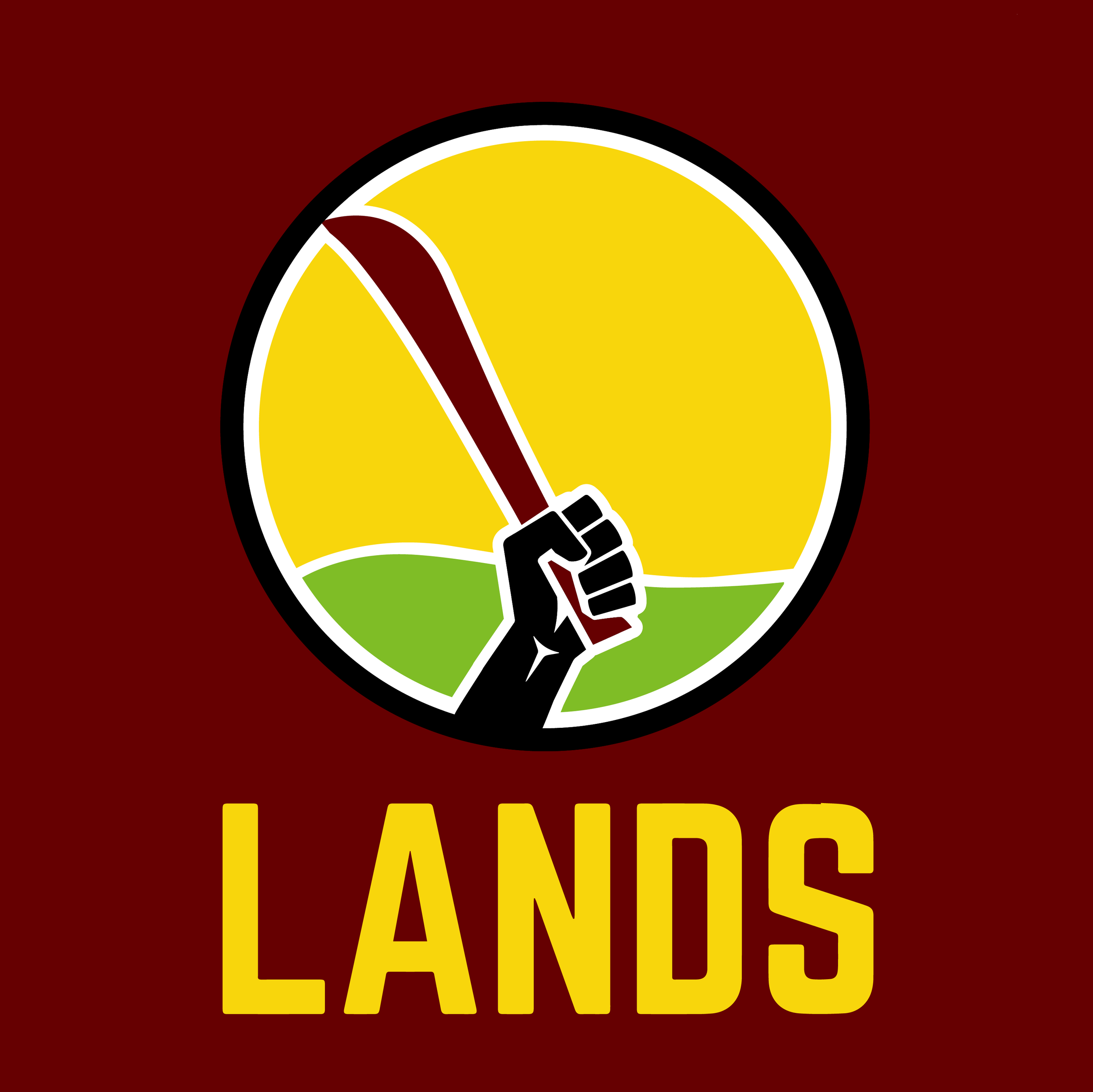National Liberation
These are concepts related to the topic of National Liberation. After Europeans stretched themselves all across the world to subordinate and destroy other nations, the people of these nations have been rising up to assert their right to self-determination.
Black People, the CPUSA, and Self-Determination
(Read freely online)
This is a lengthy piece which looks at the influence of Vladimir Lenin and Joseph Stalin on Harry Haywood's work on Black people's self-determination, particularly highlighting major contributions of Stalin to self-determination and national liberation.
Black Liberation in the US
(Read freely online)
In this piece, Chairman Mao speaks of Black liberation in the US as a "national struggle" and proclaims that "national struggle is a matter of class struggle."
Class Suicide
(Read freely online)
Class suicide is the idea that the privileged classes in oppressed countries can put some of their selfish interests aside to unite with the broad masses to liberate the nation. It was developed by Amilcar Cabral, to challenge Eurocentric assumptions about revolution being led by an industrial proletariat. Many countries did not have an industrial proletariat making up a significant part of their population.
On the Correct Handling of Contradictions Among the People
(Read freely online)
Presented with the main contradiction of imperialism, Mao sought to make a distinction between imperialism which was an "antagonistic contradiction" and internal class struggles among the masses which should be handled differently.
Harry Haywood explained why Black people in the US suffer from colonial oppression as a nation, and why liberation for Black people can’t be thought of only in terms of class. He also speaks out against those who have falsely claimed that self-determination for Black people divides the working class and distracts from the struggle for Socialism.
For A Revolutionary Position on the Negro Question
(Read freely online)
Maoism vs. National Liberation
(Read freely online)
This piece posits the idea that the main hits against US imperialism will come from national liberation struggles by oppressed nations; it focuses on Black people in the US, but should also be taken as support for the liberation of indigenous nations.
National Culture
(Read freely online)
Fanon gave an account of how colonialism shaped the expression of culture, and the challenges it causes for national consciousness and national liberation.
The National Question
(Read freely online)
Orthodox Marxists have a Eurocentric understanding of Nationalism. Marxist-Leninists, however, have developed an understanding that there is a difference between National Chauvinism and National Liberation.
Neo-Colonialism
(Read freely online)
Despite nations and states achieving independence from their colonial powers in a nominal sense, they remain economically dependent on them for investments and trade. Instead of maintaining direct control of ex-colonies, global powers now use economics to leverage their interests and influence these countries' internal politics.
New Democracy
(Read freely online)
New Democracy aims to combine the bourgeois revolution and the proletarian revolution into a single revolution to avoid the bourgeoisie seizing power. This piece nevertheless highlights the idea that the national bourgeoisie in oppressed or colonised nations have a role to play in fighting imperialism. While the bourgeoisie is the ruling class in advanced Capitalist nations, the national bourgeoisie is not necessarily the ruling class in countries that are oppressed by imperialism, or countries that are still in Feudalism.
People's Power, No Dictator
(Read freely online)
Walter Rodney called for broad unity along existing class lines in Guyana, to combat foreign capital. He focused on the role of various classes in this struggle.
A Prison House of Nations
(Read freely online)
This piece looks at the USA as 'a prison house of nations' rather than a single nation. It discusses the importance of national liberation for workers of occupied/oppressed nations, as opposed to a binary class struggle in which all workers are deemed the same.
The 1936-1939 Revolt in Palestine
(Read freely online)
This is a writing by Ghassan Kanafani on the contradictions between Palestinian people and Jewish settlers that existed after the wave of migration from Europe in the early 1930s and before the creation of the State of Israel. It is important in understanding the Palestinians’ struggle for national liberation.
The South African Working Class and the National Democratic Revolution
(Read freely online)
Orthodox Marxists often see national liberation as a diversion from class struggle. This piece aims to explain the importance of both national liberation and the working class struggle, asserting that neither should be sidelined for the advance of the other.
The Weapon of Theory
(Read freely online)
At the Tricontinental Conference held in Cuba in 1966, Amilcar Cabral spoke of the importance of the ideological development of national liberation movements, after noticing that it was lacking.
What is the New Democratic revolution?
(Read freely online)
This is a very short summary, featuring the essential points in Mao's model of New Democracy. We do not endorse the reference to Kampuchea.









